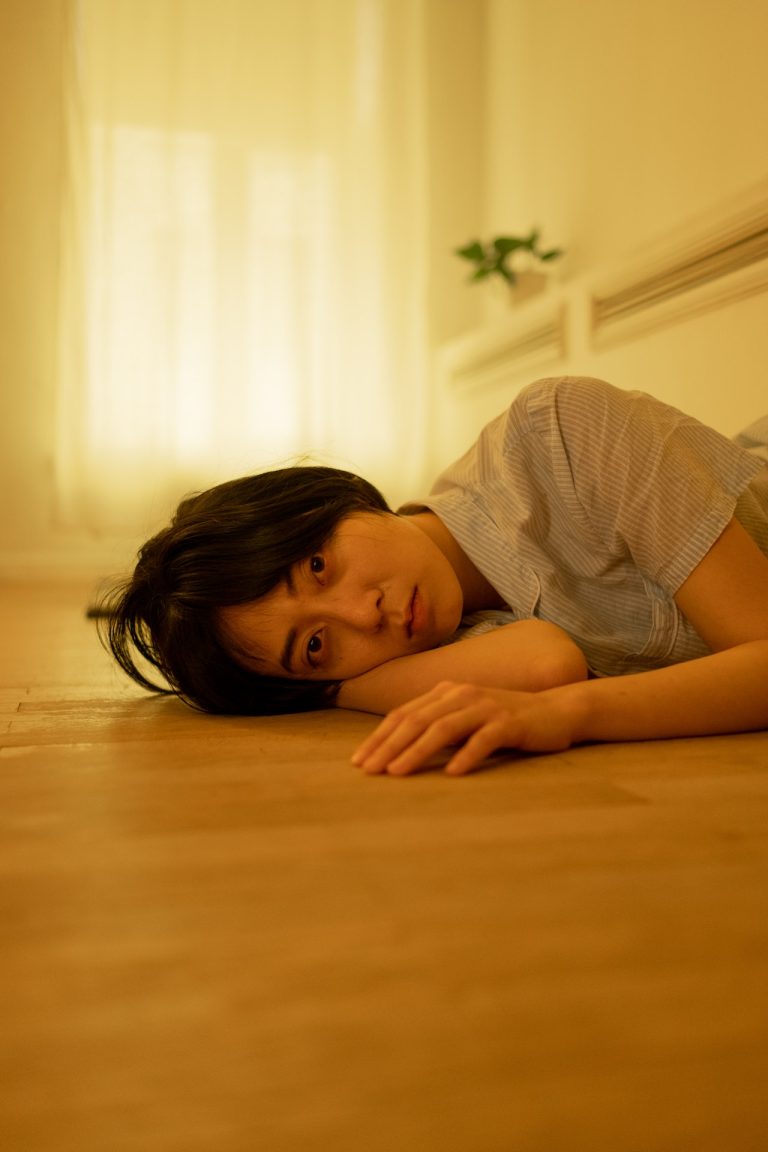Picture this. A friend or colleague tells you how difficult it is for them to sleep soundly at night and therefore, they must be suffering from insomnia. However, most people wrongly attribute their sleep problems to insomnia when there are other issues at hand. Hopefully, by the end of this article, you will be able to understand this much-maligned sleeping disorder in a more enlightened way.
Recently, a lot of sleep centers have mushroomed to perform special procedures on a person said to be suffering from insomnia. With growing awareness on the far-reaching implications of sleep deprivation on health and performance, the public is becoming proactive about seeking medical help.
What is insomnia?
Insomnia is a sleep disorder when a person has a hard time trying to sleep. Alternatively, insomnia is also tagged as a difficulty in staying asleep.
There are two classifications. One of which is called primary where the causes are usually unknown. The other is secondary insomnia which is caused by health problems such as depression, arthritis, cancer, heartburn as well as other chronic conditions like long-term physical discomfort. Secondary insomnia may also be caused by some drugs as well as alcohol. Other factors also come into play such as stress, emotional discomfort and extreme changes in the environment.
Apart from the insomnia being classified as primary or secondary, it is also classified as acute or chronic. Simply, acute insomnia happens for a short time lasting from just one evening to a few days or weeks. On the other hand, chronic insomnia lasts for a significantly long time even extending up to several months.
What are the symptoms of insomnia?
The symptoms of insomnia include:
- Being sleepy during the day
- Generalized fatigue
- Waking too early in the morning and feeling tired when you wake up
- Irritability
- Concentration and memory problems
How is insomnia diagnosed?
It is worth making the effort to talk to your doctor if you suspect that you might be suffering from insomnia. Medical evaluation will include a comprehensive medical history including sleep history as well as a physical examination and assessment. You will be asked to keep a diary where you will observe and note your sleeping patterns, your sleep experience and the quality of your sleep as well your daily routines.
How is insomnia treated?
Depending on the root cause, there are several treatment procedures recommended for those suffering from insomnia. Behavioral therapy is one of the most common treatment regimens. Sleep restriction, stimulus control therapy and cognitive therapy may also be implemented.
Adjunct to behavioral therapy is the use of medications called hypnotics. Coupled with behavioral therapy and drugs are some other alternative approaches like meditation, yoga and guided imagery.
What are measures to take to prevent insomnia?
To counter insomnia and its ill effects, it is critical to practice good sleeping hygiene. Here are some strategies to take:
- As much as possible, avoid caffeine-laden food and beverages especially late in the day when you are already about too sleep. Alcohol found in drinks and even goodies like fruit cake have alcohol in them. Nicotine found in cigarettes are also stimulants that can keep you awake.
- Encourage a good sleeping pattern by sleeping and waking up at the same each day. If possible, do not take naps during the day.
- Exercise daily, but not within five hours of your bedtime. Exercising keeps you awake in the few hours after the regimen but at the same time, will facilitate better, deeper and sounder sleep.
- Your bed has two specific purposes, for sleeping and for sex. Do not lie in bed while reading or watching TV so that you get to associate it with resting. Make your bed as comfortable as you can by using fresh linens and comfortable pillows. If you are having back trouble, investing in some memory foam mattresses or pillows could help.
- When you sleep, try to forget all your worries in the world. There is the day to worry about such things.
- Finally, avoid stimulants while trying to sleep. Keep the lights low and make yourself cool and comfy.


